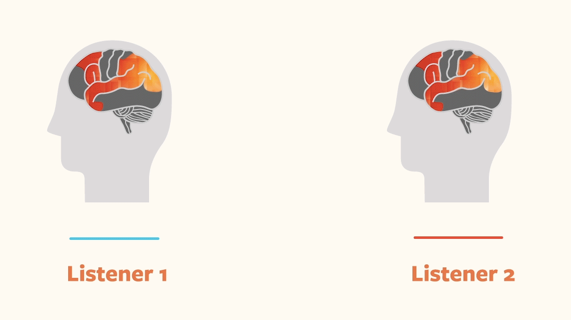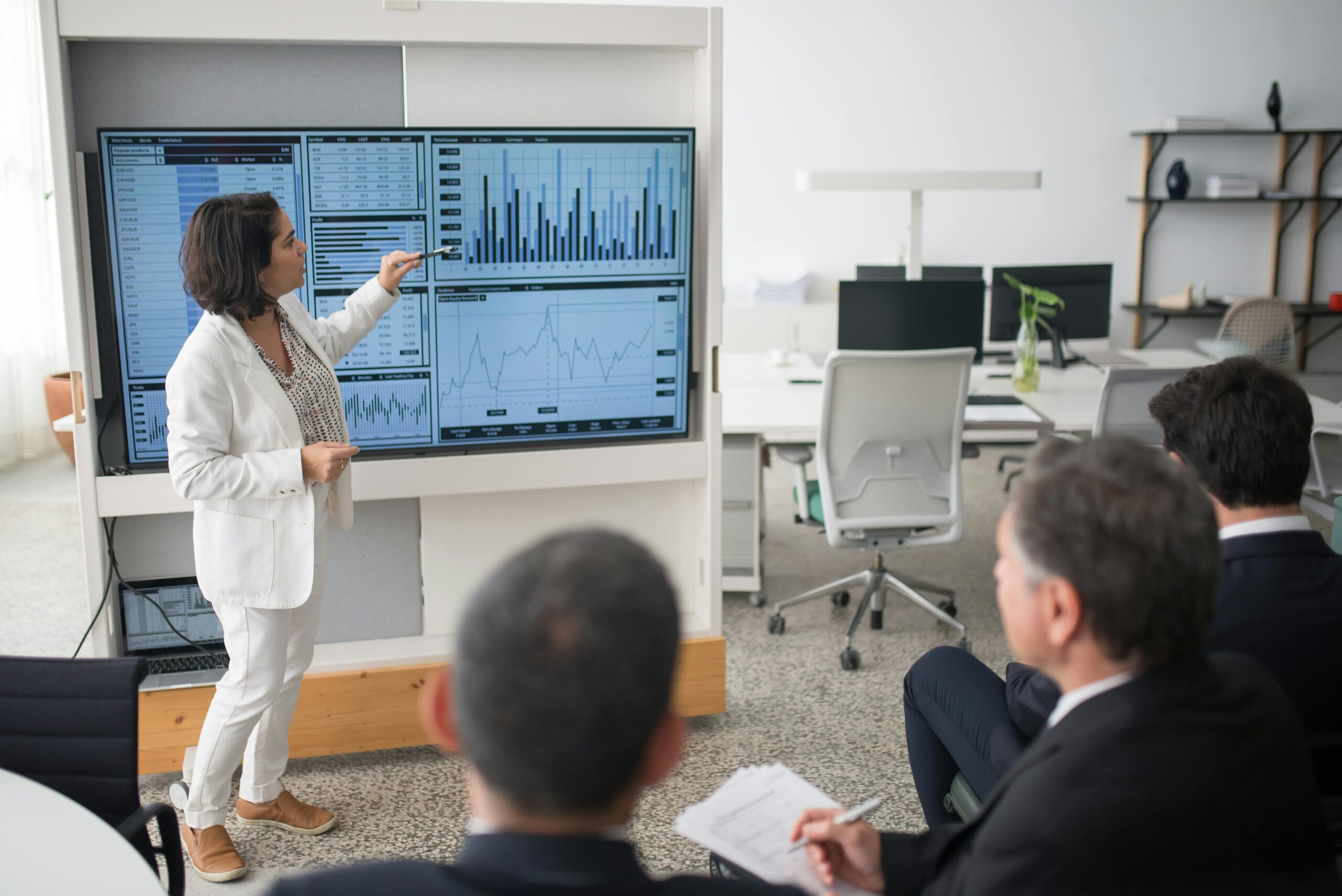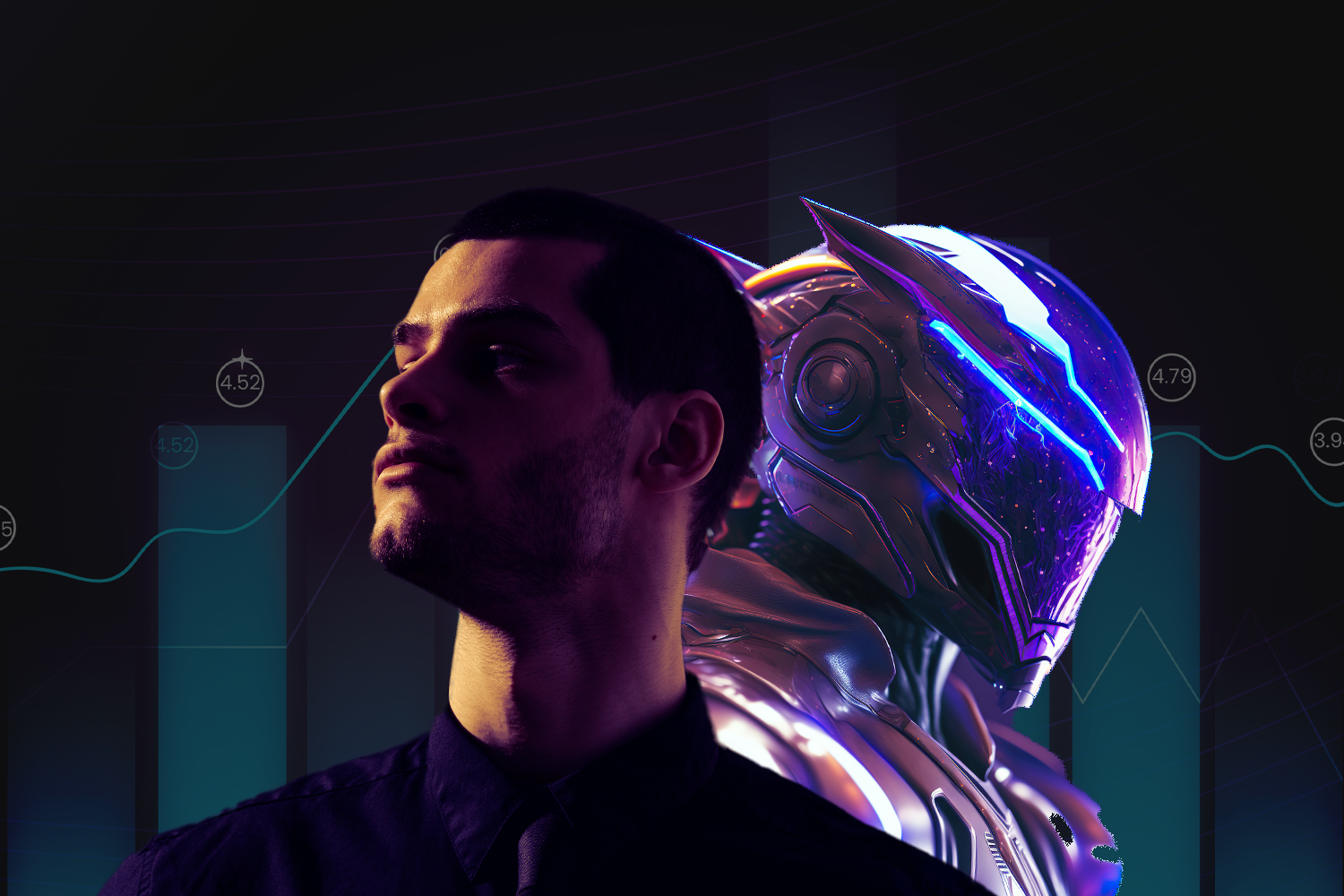Data storytelling is an essential skill everyone must learn. Here are five reasons why.
Data storytelling is gaining popularity in organizations worldwide. More professionals want to learn and apply it in their work. But why the surge in demand? We’ve identified five reasons. Data storytelling is crucial. It’s now a key skill for everyone, not just data scientists.
1. Data storytelling elevates the value of data.
Ever wonder how much data we produce in this day and age? According to Statista, global data creation will grow to more than 180 zettabytes by 2025.
Sadly, data has surged, but the skills to analyze and use it effectively have not kept pace. Data only becomes valuable when people can understand it, find insights, and share these with others who need them. Data storytelling does precisely this. It maximizes the value of data by generating and communicating insights in a way that is accessible, meaningful, and memorable.
2. Data storytelling aligns with how humans are wired to think.
Stories have captivated humans since they were first carved on cave walls. Recent research shows storytelling is not just an art; it’s a key part of human thinking, deeply rooted in our brain processes.
Princeton neuroscientist Uri Hasson’s research showed a deep link between storytellers and listeners. Using fMRI scans, he found that people’s brain activity syncs when they share a story. This ‘neural entrainment’ boosts understanding, idea sharing, and memory.
The photo above is from Uri Hasson’s research on how storytelling can sync brain activity shared via TED Talks.
Storytelling is a powerful way to build and keep a strong connection between the speaker and the audience. It makes complex information easier to remember and more meaningful for the listeners or stakeholders.
Effective data storytelling shows our audience that we not only value the data itself but also care about helping them understand it.
3. Data storytelling helps us honor our stakeholder’s time.
Have you ever sat through a presentation where you spent much of the time making sense of a single chart or data visualization? You are not alone. Data analysis can be complex, and its insights are often elusive, so seeing data-focused reports on a meeting’s agenda can be intimidating.
However, data needs to be presented to decision-makers to fulfill its purpose and inspire action. And decision-makers are human. Like all humans, they can overlook key points, feel overwhelmed by complex information, and let biases interfere. With all the effort that goes into creating dashboards, presentations, and reports, the goal should be to make information clearer and easier for stakeholders to understand.
Communicating to our stakeholders at work can be challenging, with or without data. In a Wall Street Journal article, Microsoft’s Jared Spataro shares, “People feel quite overwhelmed, a sense of feeling like they have two jobs, the job they were hired to do, but then they have this other job of communicating, coordinating, and collaborating.” The same article references a 2022 Harris Poll survey, which reports that based on the 1,200 workers it surveyed, an average of 7.47 hours a week is lost due to poor communication. That is practically a whole workday wasted.
Communicating insights from data continues to be crucial to drive meaningful impact at work. However, we must ensure that what we share is clear and thoughtful. Data storytelling forces us to streamline our ideas. We must present data to cater to the audience. We must prioritize what they need to see. In the same way that every page in a book serves a purpose, so should every element and slide in a data story. The cohesion and structure of storytelling reduce confusion and wasted effort, making good use of everyone’s time.
4. Data storytelling opens a wealth of learning and career opportunities.
The days when only data analysts and scientists worked with data are over. Now that data is more accessible, companies need to be able to manage, analyze, and share data across all departments.
It’s been 15 years since Google’s Chief Economist, Dr. Hal R. Varian, expressed in an interview how the next decades will see “the ability to take data—to be able to understand it, to process it, to extract value from it, to visualize it, to communicate it,” as a necessary skill not only for professionals but even for students across levels. Over a decade later, we are witnessing and living in this forecast. Forbes.com declares the second most in-demand skill for the next decade—following digital literacy—is data literacy, and part and parcel of this is effectively communicating data to others.
As more jobs require influencing others with data, having data storytelling skills can open up more career opportunities at all levels and in various industries, especially now that more organizations are gearing towards having a good data culture.
5. Data storytelling gets a broader audience engaged with data.
Data storytelling isn’t exclusively contained within the walls of businesses in the private sector. Effective data storytelling is vital; it grabs the mass audience’s attention and is a crucial tool for the media, multilateral institutions, and non-profits.
The recent pandemic showed how clear data communication can inform the public and prompt action. Data storytelling was used to educate and help people feel connected and regain control over a global issue.
Storytelling in data visuals is vital for addressing global issues such as climate change, social welfare, and public policies. It helps both private and public sectors to engage and inspire teams and communities to take action.
To become a data storyteller and learn how to get key insights from data, check our scheduled workshops or contact us to set up an exclusive class.
Learn with us and earn your certificate. See you at our next workshop!






